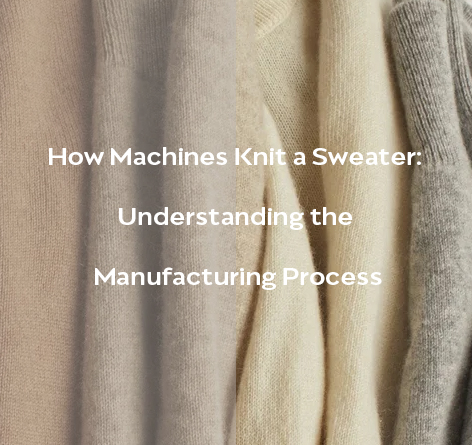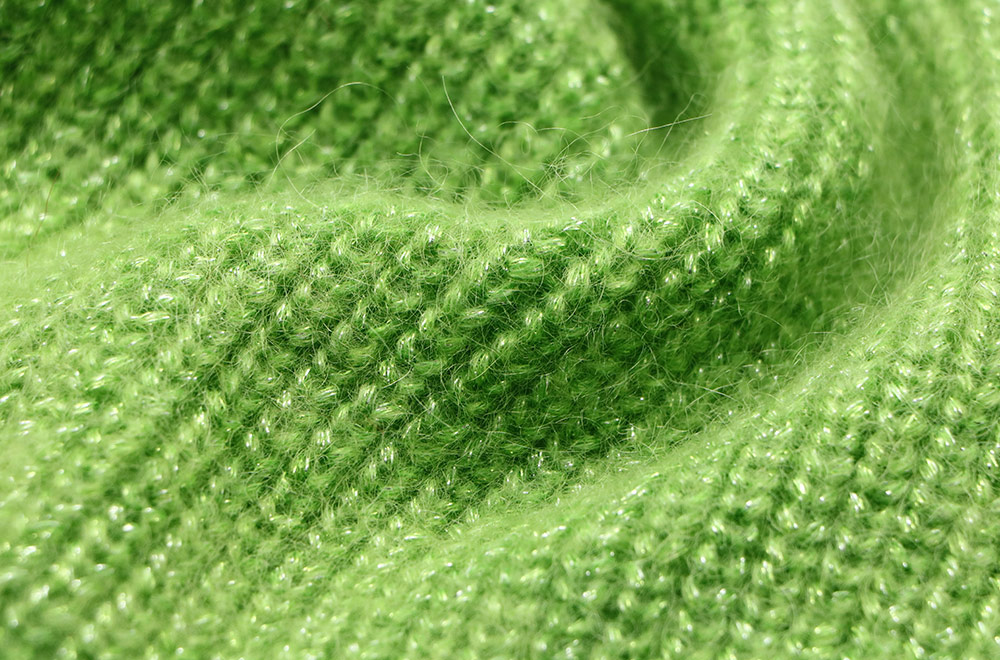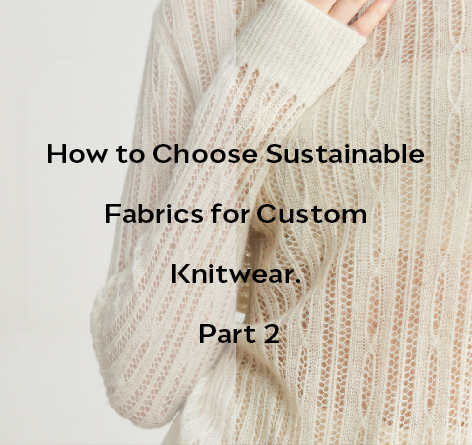Forests and soils are the most fundamental measures to mitigate global climate change
Soil is the largest reservoir of carbon on land, holding more than twice as much carbon as the atmospheric pool. Current land use practices are degrading and threatening this important pool of carbon, and future climate change will only exacerbate the problem. It is therefore important to maintain and build soil carbon pools as part of a multi-pronged approach to nature-based climate solutions to mitigate climate change.
Among them, organic, is the most direct and effective way to protect soil, the use of organic cotton, can better protect the soil environment.
In 2021, global organic cotton fiber production accounted for 1.4% of total cotton production, showing a five-year growth trend, according to Textile Exhcange estimates that 342,265 tons of organic cotton fiber harvested worldwide in 2020/21 was produced on 621,691 hectares of certified organic land. Compared to 2019, the growth rate of organic fibers is estimated at 37%.
With long-term investments in the market, organic cotton can bring huge benefits to the fashion and textile industries, as well as to our planet, and organic farming practices also help protect the health of people and the land.
Organic cotton is an agricultural system that grows cotton in symbiosis with nature
Organic cotton combines traditional, innovative and scientific farming methods to benefit soil health and improve the quality of human life.
The Global Organic Textile Standard certification GOTS requires that organic farming needs to maintain the health of water and soil and improve soil fertility, and minimize changes to the original natural ecological environment. Farmers need to strictly adhere to the principles of organic agriculture, at least after three years of soil conversion period to achieve organic soil standards, only to meet the standard can grow organic cotton.
- Organic farming has many benefits for our environment: Biodiversity: conservation and regeneration of ecosystems
- Climate: Organic agriculture is recognized as an important tool for mitigating climate change
- Regeneration: Building protective barriers for regenerative agricultural systems
- Soil health: Regenerate the soil and reduce erosion
- Water: Save water and improve drought resistance
Choose organic yarn to make more environmentally friendly knitwear
GUOOU FASHION actively uses organic yarn, we can provide a variety of organic yarn for customers to choose. Choose more environmentally friendly yarn to make more environmentally friendly knitting products for customers.
At the same time, we encourage our partners to use recycled and organic yarns, fabrics and accessories to minimize their impact on the planet. In 2021, our company launched a five-year plan to implement a sustainable product management system from raw materials to finished garments.
So far, the company has provided many customers with organic and environmentally friendly yarn customized production services for knitting products, and has been recognized by many customers, while ensuring product quality and details, we can also produce more knitting products certified for sustainable development.
We have always believed that in order to reduce the human impact on the climate, a responsible attitude towards nature becomes very important. Sustainable development is something we do for future generations.
Call to action
Our good life today is inseparable from the soil for a minute. Make sustainable choices that benefit the soil, protect the soil, and protect the largest pool of carbon on land. Is to protect ourselves.
GUOOU FASHION is committed to closed-loop production/environmentally friendly green yarn as the preferred raw material, and to maintain long-term cooperation with partners who have the same sustainable development values, to jointly explore low-carbon and environmental protection ways, to bring more sustainable environmentally friendly products to consumers.

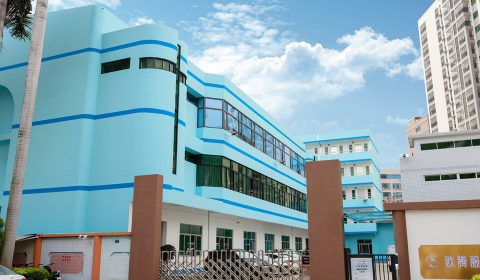
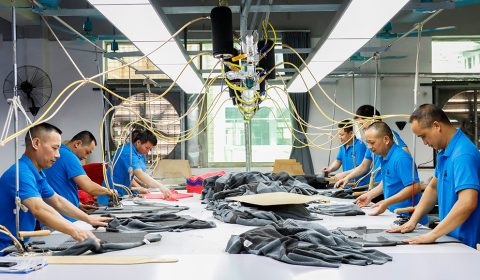
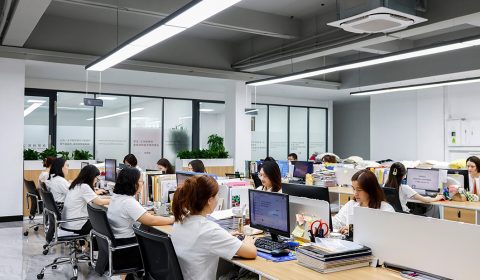
 English
English Deutsch
Deutsch Français
Français Italiano
Italiano Español
Español Русский
Русский Polski
Polski Nederlands
Nederlands Svenska
Svenska